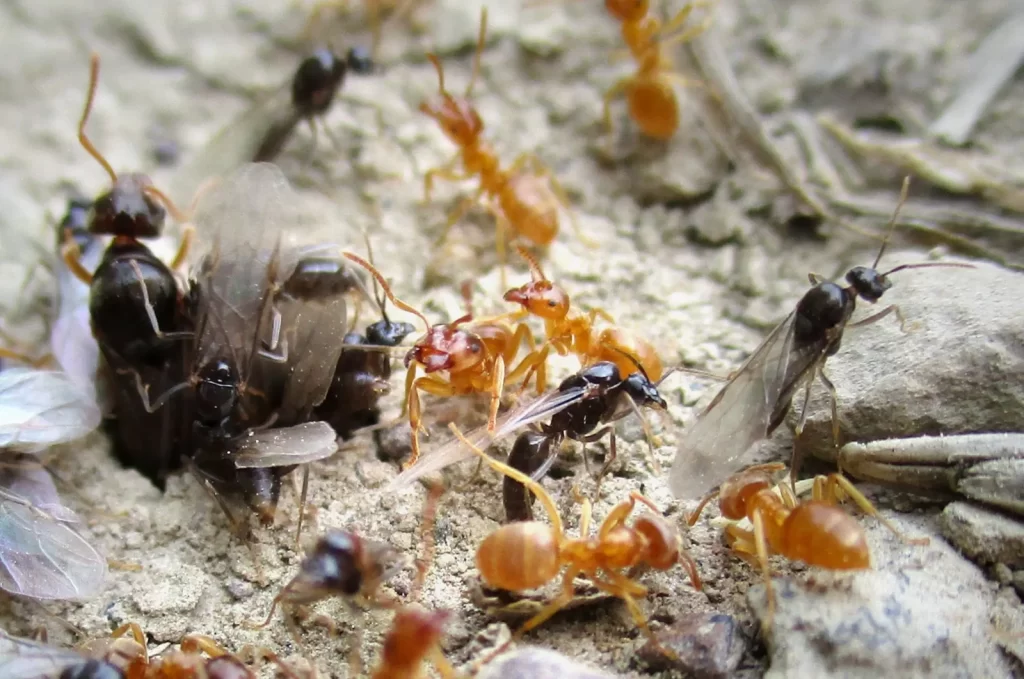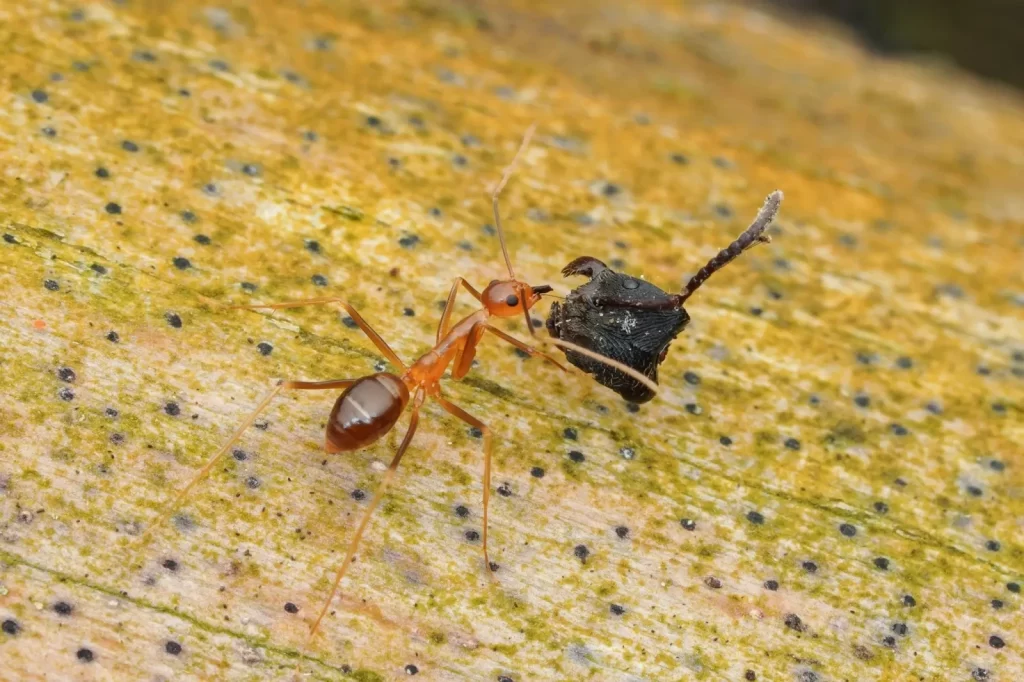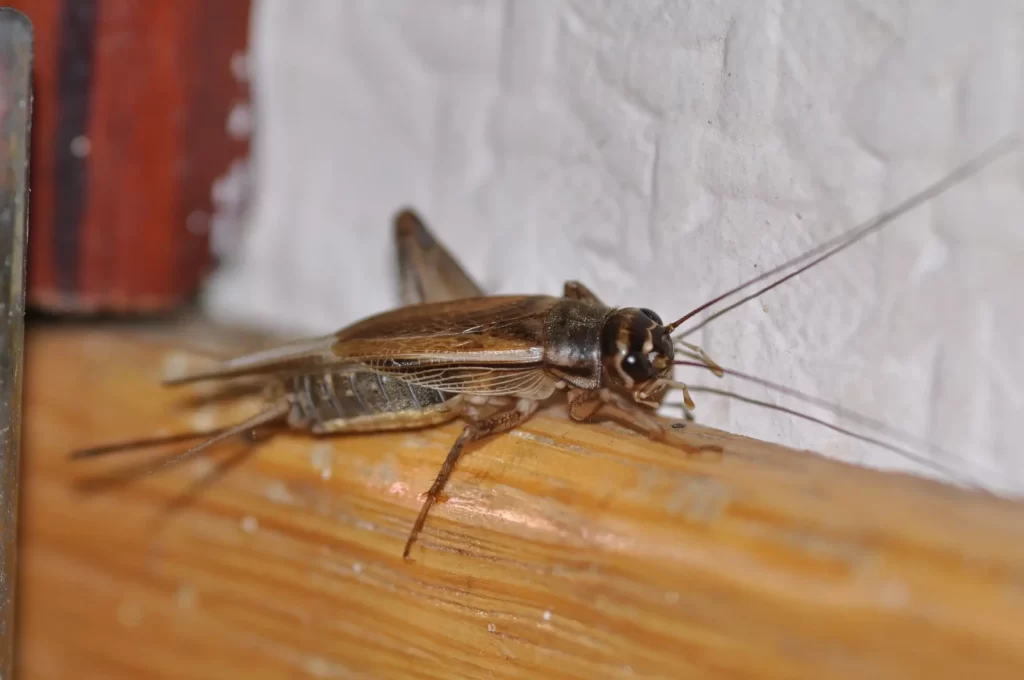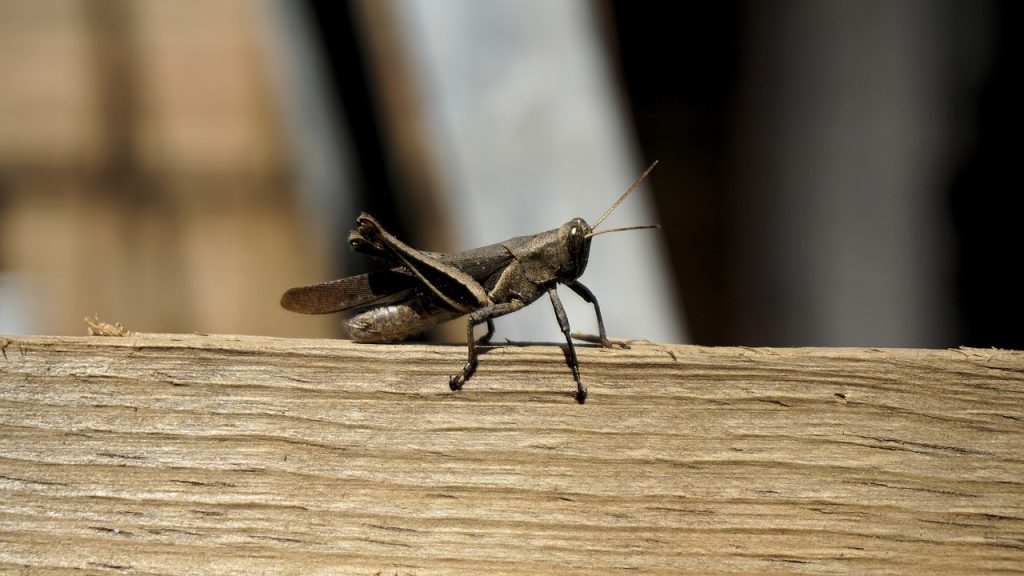Mosquitoes are not only a nuisance but also potential carriers of dangerous diseases. Preventing mosquito bites and reducing the chances of an infestation in your home are key to protecting your family’s health. Effective prevention begins with understanding how to prevent breeding of mosquitoes in stagnant water and taking steps to make your environment less attractive to mosquitoes.
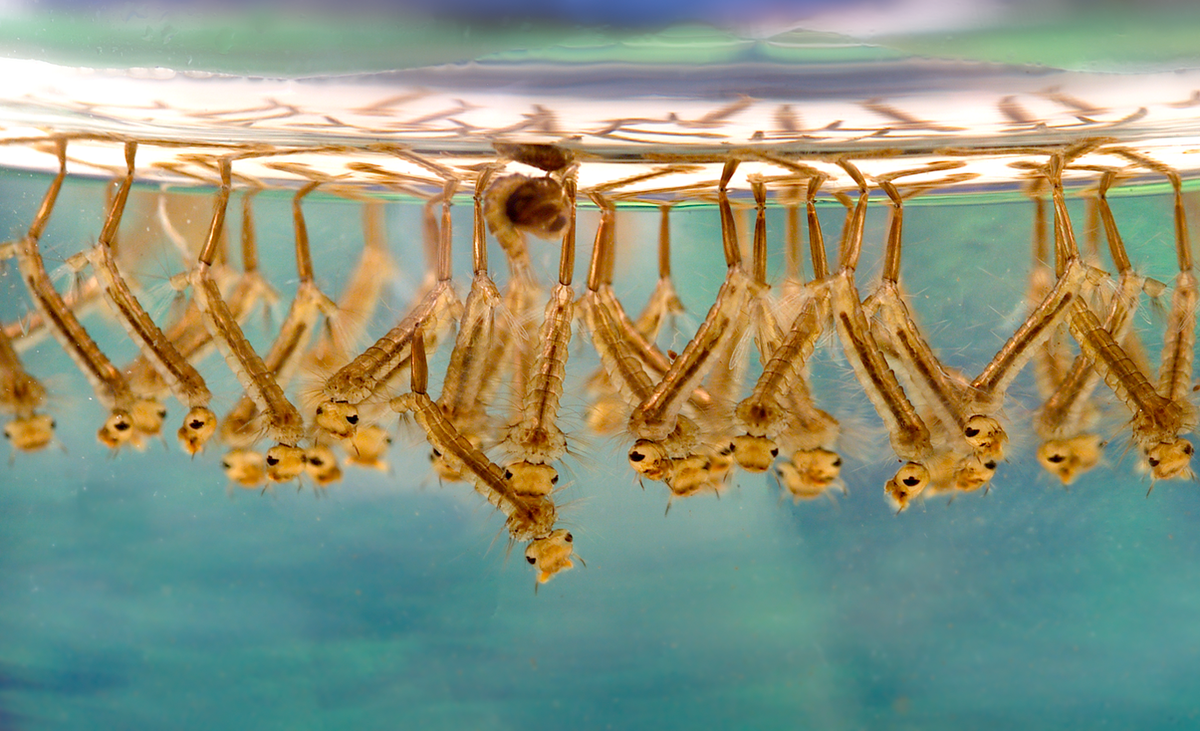
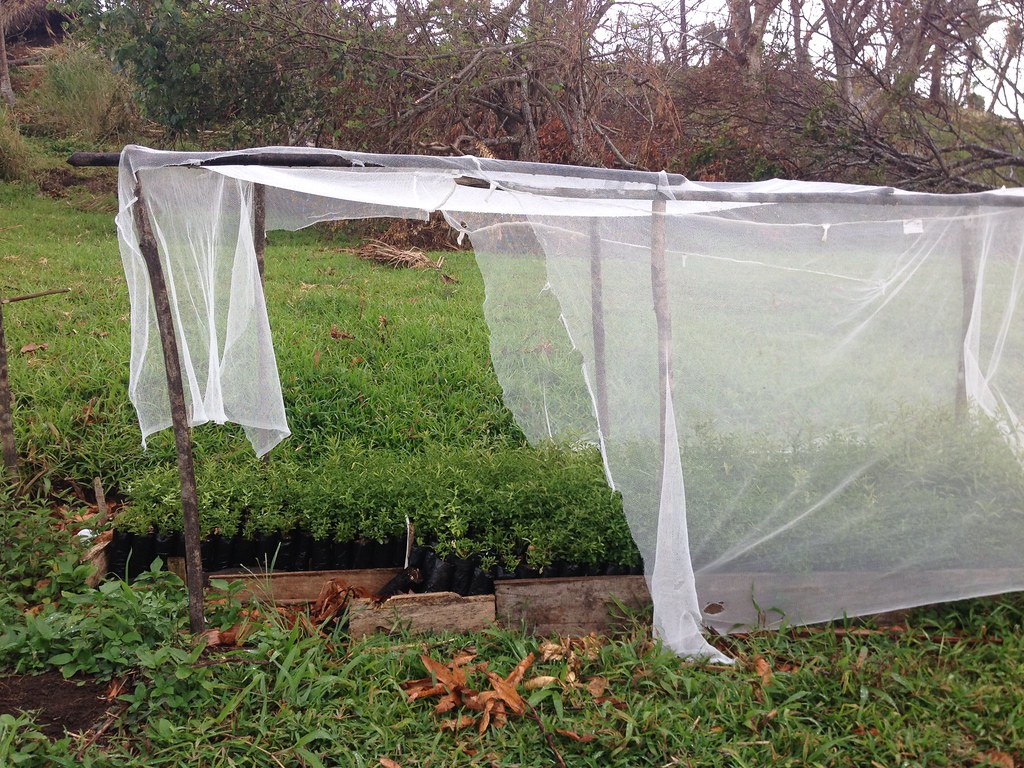 If you live in an area with a high mosquito population or are concerned about mosquito-borne diseases, consider sleeping under mosquito nets, especially for infants and children who are more vulnerable to mosquito bites.
If you live in an area with a high mosquito population or are concerned about mosquito-borne diseases, consider sleeping under mosquito nets, especially for infants and children who are more vulnerable to mosquito bites.

Preventing Mosquito Breeding in Stagnant Water
Mosquitoes need water to breed, and stagnant water is their preferred breeding ground. Female mosquitoes lay their eggs on the still water’s surface, and the larvae develop in the water before maturing into adult mosquitoes. The best way to control mosquito populations around your home is to eliminate sources of stagnant water. Start by identifying potential breeding areas around your home. Items like birdbaths, plant trays, gutters, and even discarded containers can collect rainwater and create perfect environments for mosquitoes to lay eggs. To prevent breeding, empty water from containers and birdbaths at least once a week. If you have gutters, make sure they do not block water flow, to avoid pools of stagnant water. If you have outdoor features like ponds or fountains, consider adding mosquito fish or other natural predators that feed on mosquito larvae. Additionally, adding a pump to keep the water moving will discourage mosquitoes from breeding in those areas.Reducing Mosquito Habitat Around Your Home
Another important step in preventing mosquito infestations is reducing their habitat. Mosquitoes prefer shaded, cool areas during the day and are more likely to congregate in overgrown gardens, tall grasses, and dense shrubs. Keeping your yard well-maintained by trimming bushes, cutting grass, and removing excess vegetation can help reduce the areas where mosquitoes like to rest. When it comes to outdoor gatherings or spending time in your yard, consider using natural mosquito repellents such as citronella candles or plants like lavender and marigold, which are known to repel mosquitoes. These simple steps can make your outdoor spaces less inviting to mosquitoes.Using Screens and Barriers for Protection
While eliminating breeding grounds is crucial, use physical barriers to keep mosquitoes out of your home is equally important. Make sure that your windows and doors are fitted with tight screens to prevent mosquitoes from entering. Repair any holes or gaps in screens to create an effective barrier. If you live in an area with a high mosquito population or are concerned about mosquito-borne diseases, consider sleeping under mosquito nets, especially for infants and children who are more vulnerable to mosquito bites.
If you live in an area with a high mosquito population or are concerned about mosquito-borne diseases, consider sleeping under mosquito nets, especially for infants and children who are more vulnerable to mosquito bites.
Personal Protection to Avoid Mosquito Bites
In addition to reducing mosquito breeding areas and using physical barriers, protecting yourself from bites is essential, particularly during peak mosquito activity hours (dawn and dusk). Wearing long-sleeved shirts, pants, and socks can minimize skin exposure. Light-colored clothing is recommended, as mosquitoes are more attracted to darker shades. Using insect repellent is another important strategy for preventing bites. Look for repellents containing DEET, picaridin, or oil of lemon eucalyptus, which are proven to deter mosquitoes. Apply the repellent again as per the product instructions, especially if you are sweating or spending time in water.Maintaining Your Yard to Deter Mosquitoes
Regular yard maintenance is a critical part of preventing mosquito infestations. In addition to clearing standing water, make sure that your yard is free of clutter. Old tires, unused toys, or even tarps that have been left out can collect water and become breeding grounds for mosquitoes. Be vigilant about cleaning up your yard, especially after rainfall. If you have rain barrels, ensure they are tightly sealed with screens to prevent mosquitoes from entering. Checking and maintaining drains and septic systems also helps, as these areas can be prime spots for mosquitoes to breed if not properly managed.Myths and Facts About Preventing Mosquito Bites and Infestations
| Myth | Fact |
| Mosquitoes only breed in large bodies of water. | Mosquitoes can breed in even half an inch of standing water, such as in small puddles or containers. |
| Mosquitoes don’t bite during the day. | While some mosquitoes are most active at dawn and dusk, species like Aedes mosquitoes bite aggressively during the day. |
| Citronella candles are enough to prevent mosquito bites. | While citronella candles can help reduce mosquitoes in small areas, they are not enough on their own and should be combined with other prevention methods. |
| Mosquitoes only breed in natural areas like swamps and marshes. | Mosquitoes can breed in every standing water, including urban areas where water collects in containers, gutters, or plant trays. |
| All insect repellents are equally effective. | Repellents having DEET, picaridin, or oil of lemon eucalyptus as an ingredient are the most effective at preventing mosquito bites. |
